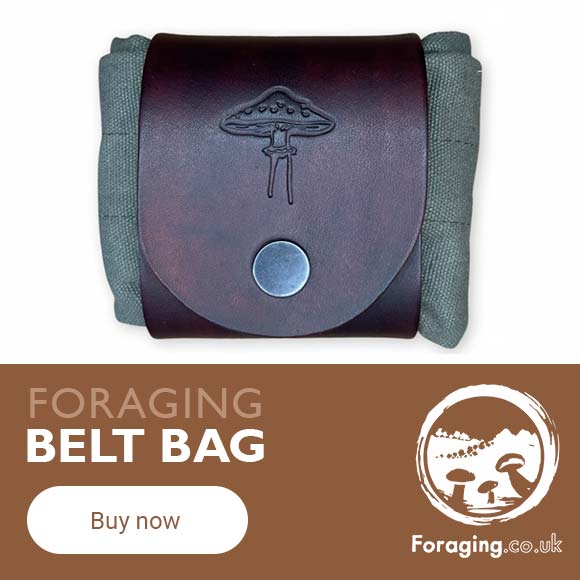Although edible, this beautiful mushroom is not only rare but could be confused with the deadly poisonous Destroying Angel so we consider it off the menu.
Home / Mushroom Guide /
Silky Rosegill
Silky Rosegill
| Mushroom Type | |
| Common Names |
Silky Rosegill (EN), Tagell Rosliw Sidanaidd (CY), Pochwiak Jedwabnikowy (PL), Óriás Bocskorosgomba (HU) |
| Scientific Name |
Volvariella bombycina |
| Season Start |
Jul |
| Season End |
Nov |
| Average Mushroom height (CM) |
10 |
| Average Cap width (CM) |
13 |
Please note that each and every mushroom you come across may vary in appearance to these photos.
Cap
Variable by size and form. An average, mature fruit body has a cap with 10–20 cm in diameter. At the beginning, it is egg-shaped (ovoid), then bell-shaped (campanulate) to convex, usually with a distinct umbo at the centre of the cap. Its skin is whitish cream and covered in long, shiny, silky-hairy fibres. Cap margin is often in-rolled, sometimes hairy (fibrillose). Can have parts of the veil/egg remaining on the cap.
Gills
Crowded, free, white when young, turning pink with maturity. The edge of the gills are lightly scalloped.
Stem
7–15 cm tall, 1–2 cm wide, cylindrical, tapering towards the apex, bulbous at base. Creamy white, same as the cap, shiny-scaly, powdery at the apex. It emerges from a persistent, bag-like volva.
Volva
Thick and membranous. Whitish before hatching, turns ochre to even brownish with age, its surface often cracked, and once hatched, it remains around the stem base as a persistent bag.
Habitat
Saprobic on dead or weak, but living hardwood, preferably Elm, Beech, Oak, Sycamore and other Maples, most often be found growing from knots or damage to living trees. Growing solitary or in small groups in parks or woodlands.
Possible Confusion
The Destroying Angel (Amanita virosa) pictured, is similar but has a skirt, a smooth rather than shaggy cap although both can have bits of veil still attached and it grows in soil, not on wood.
The Stubble Rosegill (Volvopluteus gloiocephalus), is similar but again has a smooth, not hairy cap and grows in soil not on wood.
Spore Print
Pink (to brown). Ellipsoid, smooth and thick walled.
Taste / Smell
It has a faint radish-like smell and a mild and radish-like taste. It is edible, some say excellent but due the uncommon nature of this mushroom, we consider it off the menu.
Frequency
Uncommon.



 (10 votes, average: 3.60 out of 5)
(10 votes, average: 3.60 out of 5)



























Leave a Reply